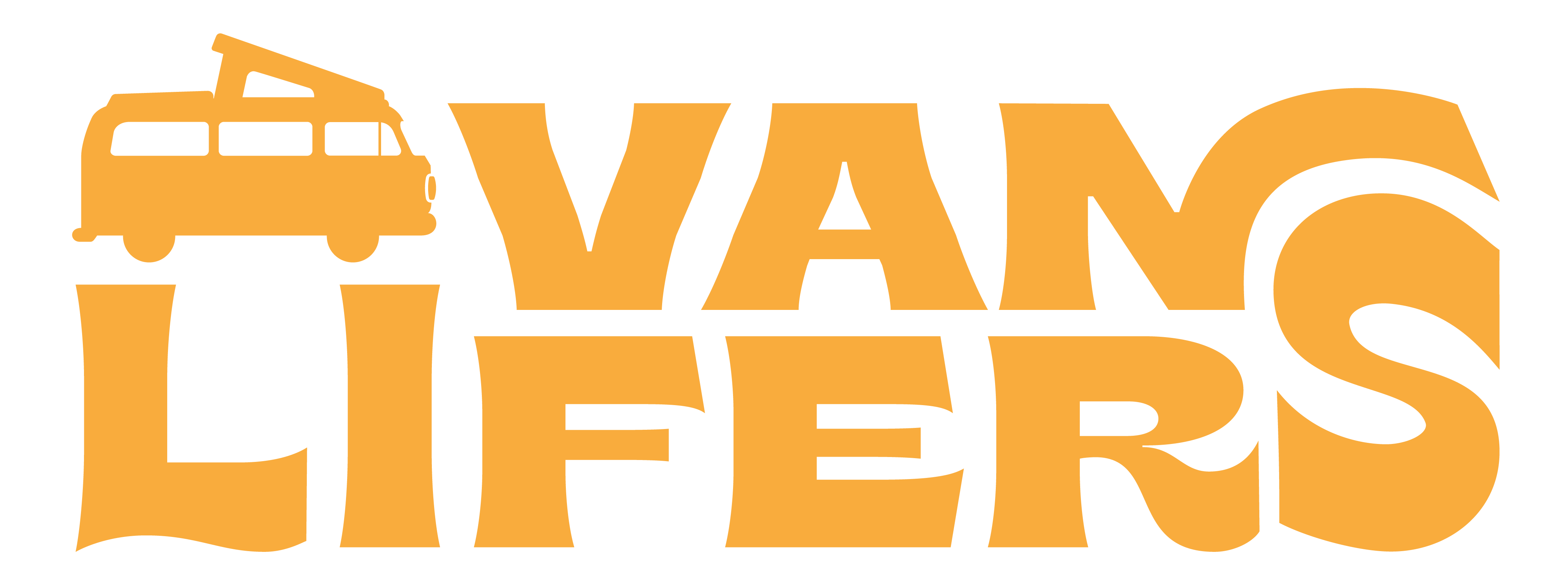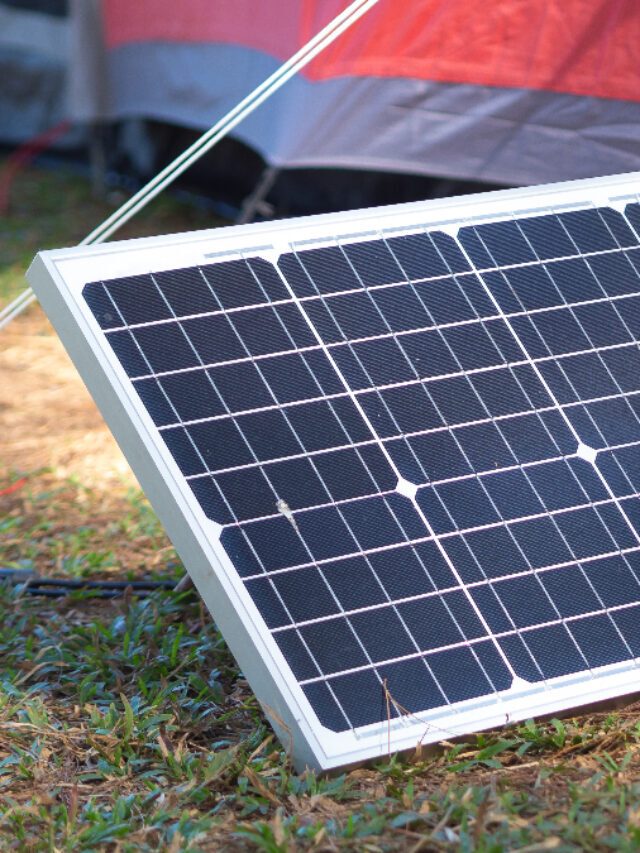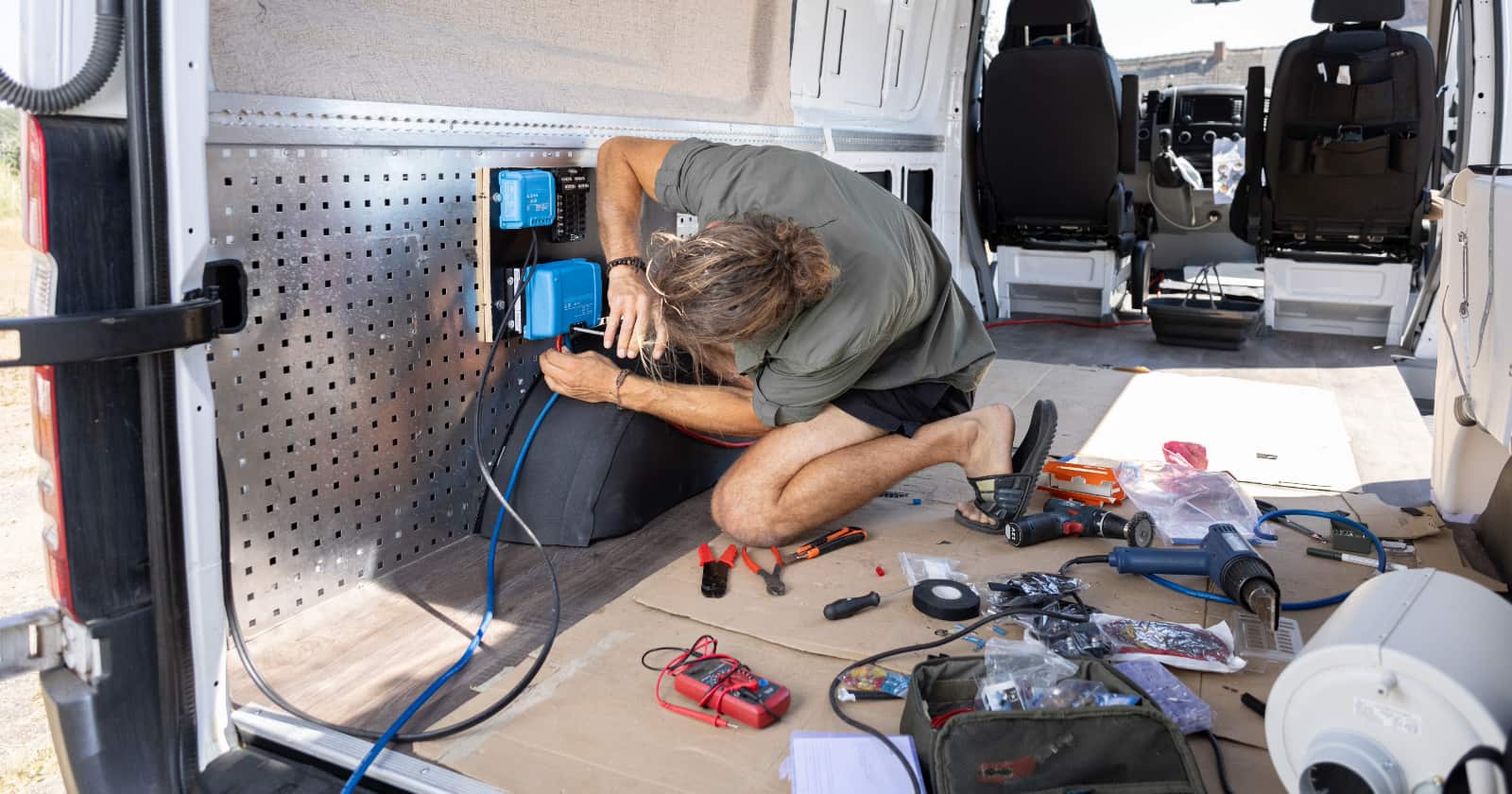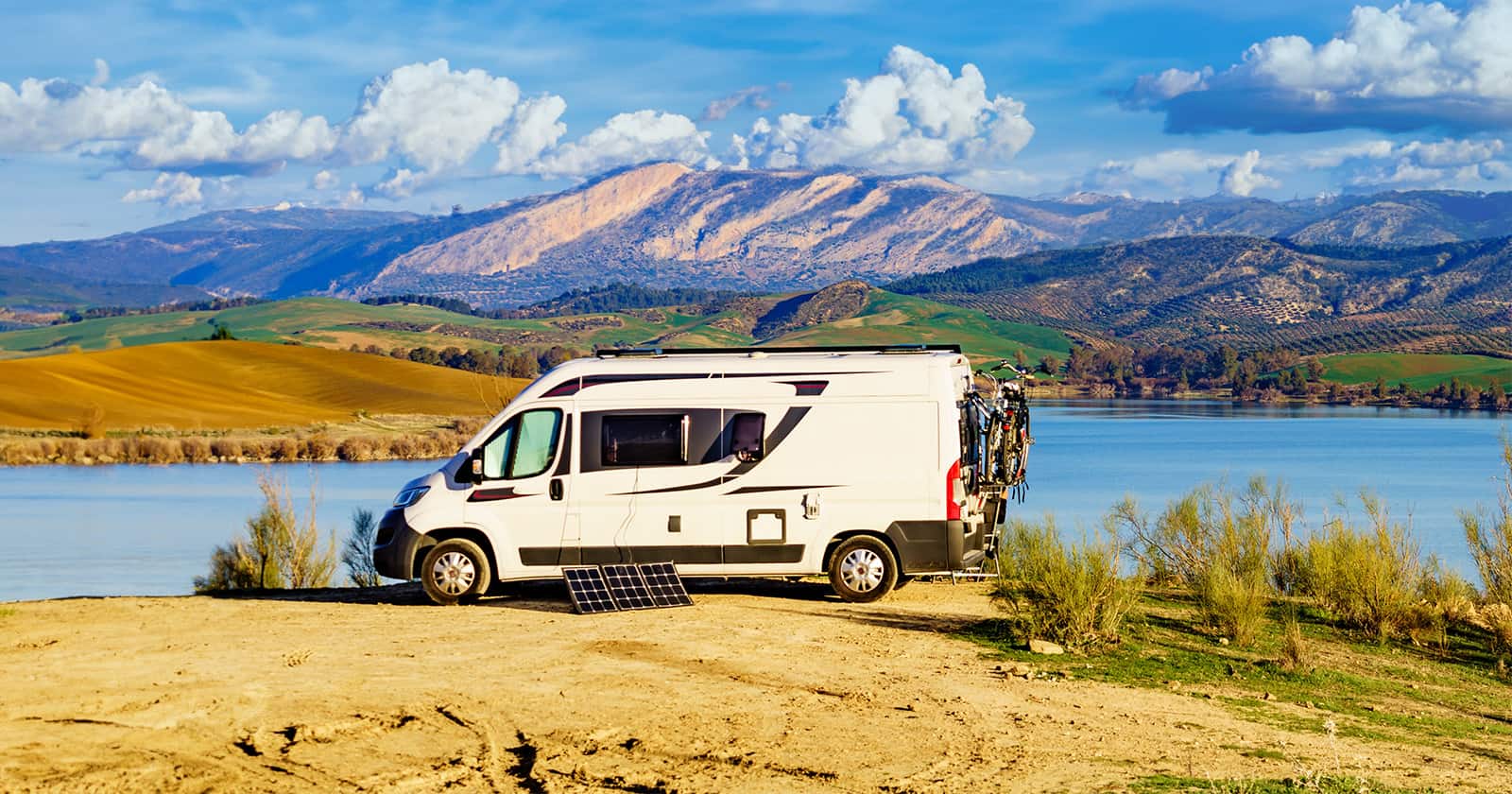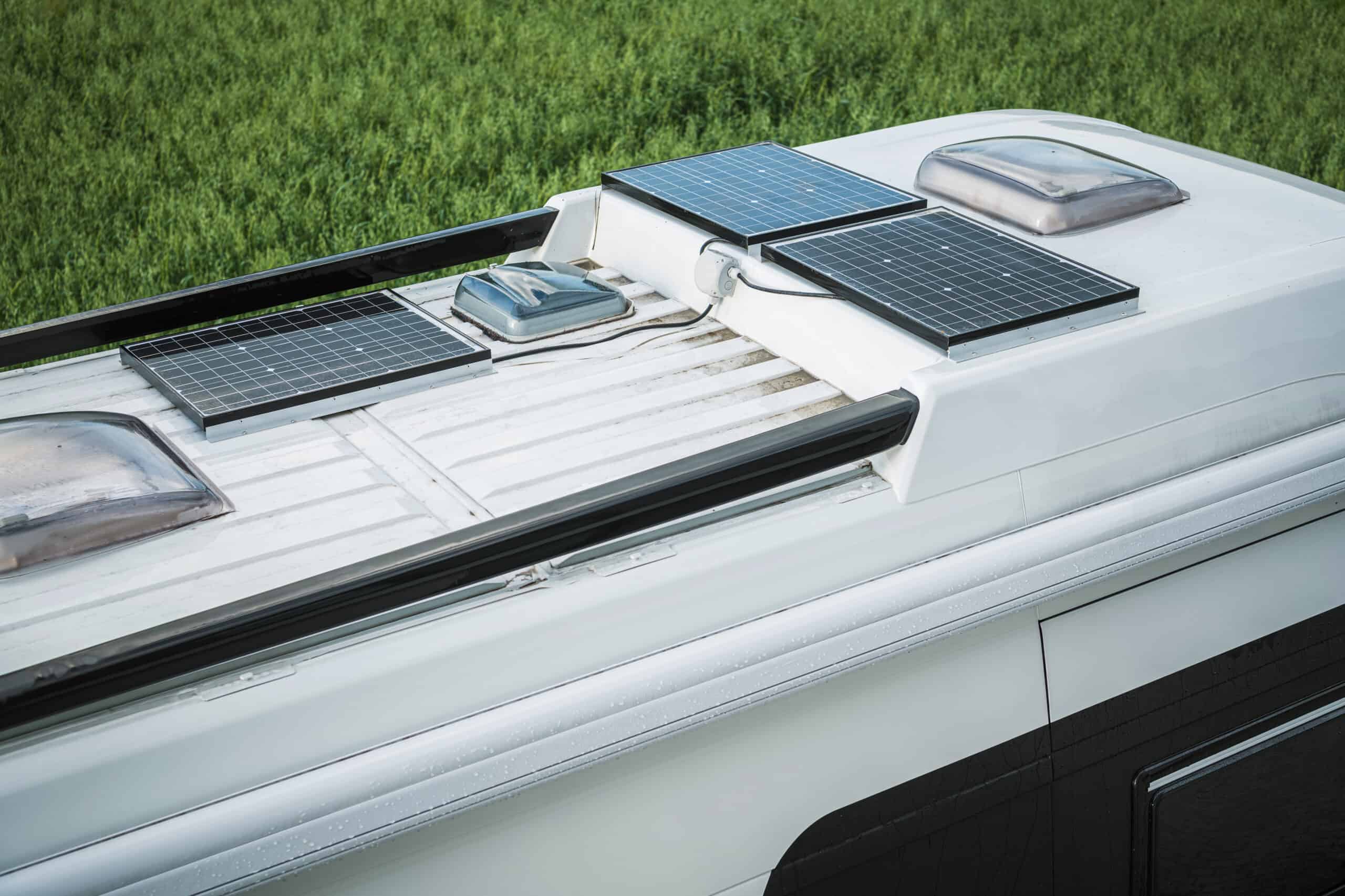Portable Solar Panels Are the Perfect Solution for Van Lifers Who Want to Use Solar Energy
Regardless of your reason for turning to van life, it’s pretty likely that you’re also interested in living fully off the grid. One of the best steps towards this is implementing a solar power system in your van. This raises the big question: what size portable solar panel do I need for my van?
Portable solar panels are the perfect solution for van lifers who want to use solar energy to power their vans without making extensive modifications to their homes during installation. Check out why we think portable solar panels are the best option and how you can determine your solar needs and what size panels to buy.
How Solar Works – The Basics
In our lifetime, solar panels have gone from an exciting scientific advancement to being readily available for the average consumer. And it couldn’t have happened at a more crucial time for our planet. Solar panels turn sunlight into electricity, making it the cleanest and most available renewable energy we can use.
To harness the sun’s power for your van life needs, you can create your own solar power grid by combining the basic components:
- Solar panels
- Batteries
- A charge controller
- A power inverter
These items work together to convert energy from the sun into usable DC and AC power.
The Perks of Portable Solar Panels

Many van lifers opt to get their solar panels installed on their roofs. However, with the increased availability of portable solar panel kits that include everything you need, portable solar panels might be the best option for you.
Some of the General Benefits of Using Solar for Your Van
Saving the planet: Perhaps the best aspect of using solar panels is doing your part in protecting the environment. Using the cleanest form of renewable energy will help minimize your carbon footprint, a big concern for many who live the van life.
Spending less money: Solar panels are one of the cheapest ways to generate electricity after the initial purchase and installation. Plus, if you’re fully self-sufficient, you’ll save money on campsites since you won’t need to find full hookups to power your home on wheels.
Enjoying comfortable boondocking: Those who like to go off the grid can now do so while still having many of the comforts we want, like working from your van or enjoying a hot cup of coffee.
Portable Solar Panel Units Have Some Unique Advantages
Moving to the optimal area: You can continuously relocate portable solar panels to always be in the most direct sunlight, improving your energy output. This also means you can park your van in the shade and still produce electricity through your solar panels placed in the sun.
Utilizing solar panels in other situations: Portable solar panels are more versatile and can be used in many ways. For example, you can bring small units on short camping trips, loan them to a friend or family member, or even use them at your house when you’re not enjoying van life.
Installing is a breeze: You don’t have to make any major modifications to your van to use portable solar panels. Most portable solar panels come with their own charge controller or battery or connect easily with the battery in your van.
How to Calculate Your Solar Needs
Things can get a little bit confusing when you’re trying to figure out exactly how much solar power you need for your van and how many portable solar panels you will need to generate that much power. Of course, everyone’s power needs are different, but if you break it down into steps, you should have no issues figuring out your needs.
1. Decide What Devices You Will Need to Power
Your van may have electronics that are powered by 120V AC or 12V DC. This information, along with how much power they consume, should be listed on the device or in the user manual. If not, you can usually find this information online as well.
2. Estimate Your Maximum Watt-Hours
You’ll need to decide how long you plan to use each appliance per day, figure out the watt-hours for each device, and then add them all together.
Calculate power consumption:
volts x amps = watts
Determine watt-hours per device:
watts x usage (in hours) = watt-hours
Figure out the total for all devices:
device 1 + device 2 + device 3 = daily watt-hour consumption
3. Try a Battery Monitor Instead
Another option for more straightforward calculation is to purchase a battery monitor and spend a day camping using your normal amount of power usage. Make sure to figure out your usage in watt-hours. This can be even more accurate because there is often some power loss when converting from DC to AC.
4. Understand Solar Panel Output
Solar panels are sold based on their power output, typically between 100 and 400 watts. Higher wattage panels will charge batteries faster but generally are more expensive. However, these numbers are the max output, so you must remember that this is how much a panel can produce in full sun with nothing affecting its efficiency. You’ll need to estimate how many hours of full sun you expect your panels to get. For some people, this may be around 3-4 hours per day, while others may expect closer to 6-8. With these calculations, it’s always best to use caution and give yourself some wiggle room.
5. Calculate Necessary Panels
Once you know your daily watt-hours and expected sunlight hours, you can determine how many solar panels you will need.
Calculate the total solar panel watts needed:
daily watt-hours / sunlight hours = total solar panel watts needed
Determine the total number of panels required:
total solar panel watts needed / individual panel watts = number of panels needed
For example, let’s say you’ve determined you need 2000 watt-hours per day while living full time in your van. You’re currently located in SoCal in the summer and expect 5 hours of full sun each day. You plan to buy a series of 200-watt portable solar panels. So, how many panels will you need to fulfill your power needs?
2000 / 5 = 400 watts
400 / 200 = 2 solar panels needed
6. Keep the batteries, charge controller, and inverter in mind.
Portable solar panels often come in a package that includes a solar generator, which is ideal because you won’t need to worry about all components working together. If you buy them separately, you’ll need to research the components to make sure all parts are compatible.
On Average, How Much Solar Do Vans Need?
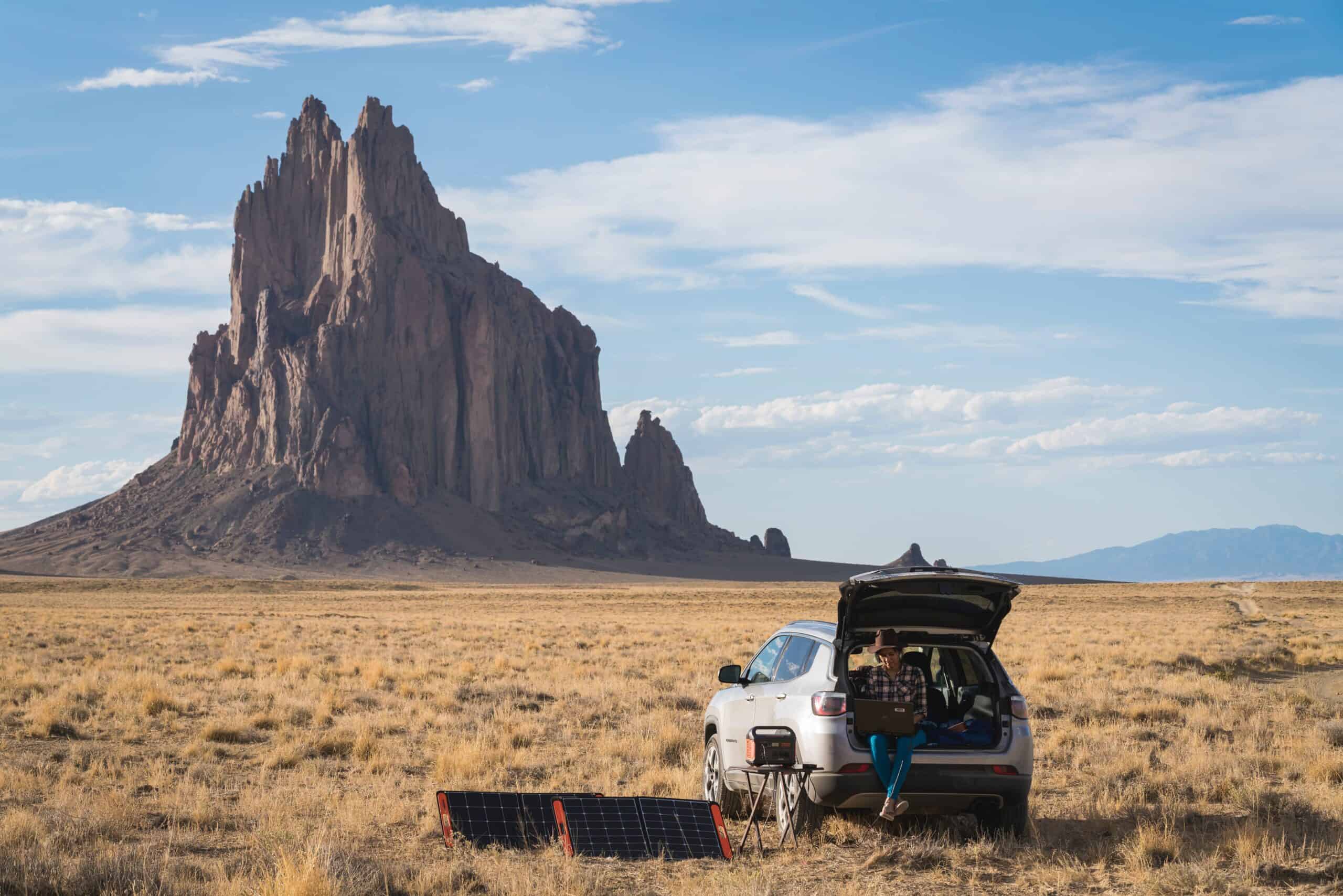
Every van lifer has different van setups, daily habits, and therefore, also different needs when it comes to the number of solar panels and daily watt-hour usage. On average, van lifers could use anywhere from 500-4000 watt-hours daily. However, on average, 1500-2000 is a reasonable estimate.
Certain appliances use a lot of electricity, increasing your power needs. Devices like air conditioners, water heaters, induction cooktops, or microwaves will increase your needs substantially. If you’re just looking to charge your phone, keep your lights on, or power an overhead roof fan, you can get by with much less.
What Size Portable Solar Panels Do I Need for my Van?
Once you have a good idea of your power usage, it should be easy to decide on what size portable solar panels you need. For most people, two 100-watt solar panels should be enough to offer the required power. However, if you have higher usage than most, you can opt for two 200-watt portable solar panels.
If you’re only looking for a small power bank that you can use to charge your cell phone or other low-usage devices, then you could even consider something smaller, like only one 100-watt solar panel.
